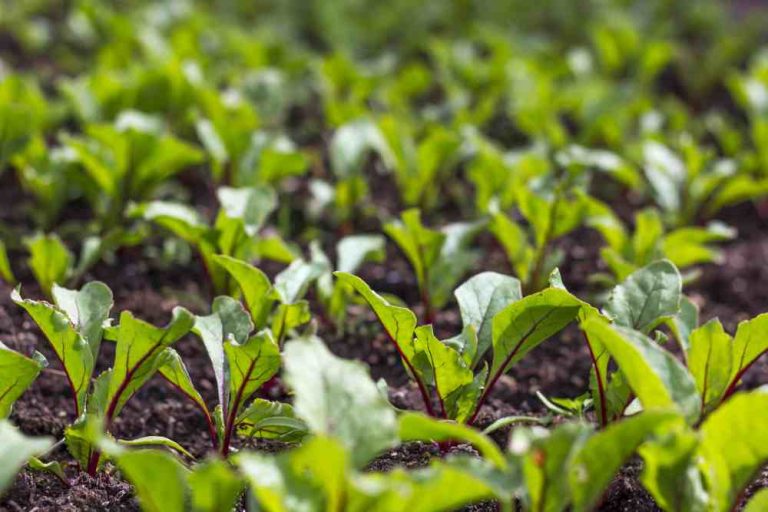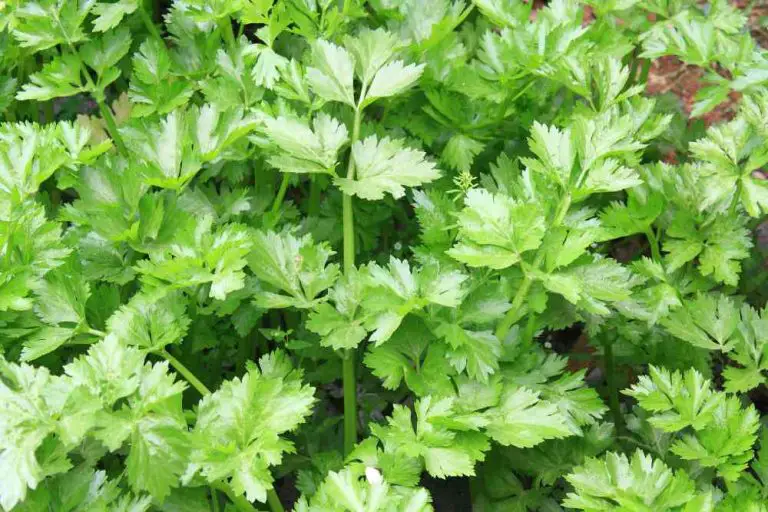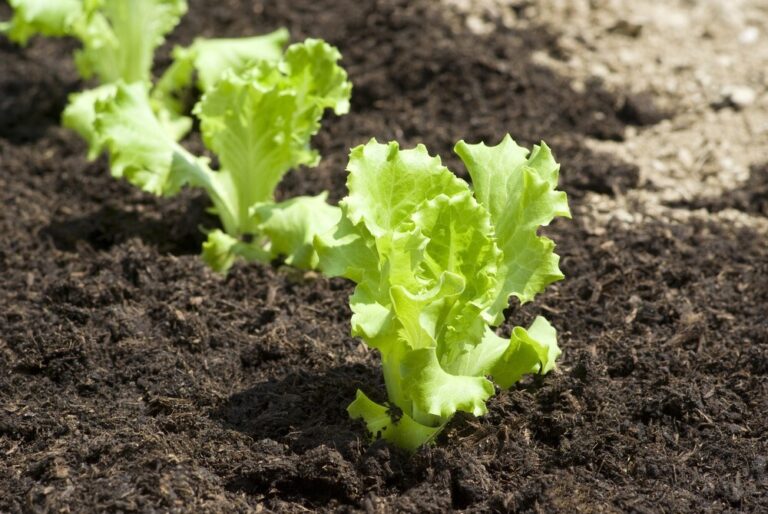The Importance Of Pre Season Weed Management
A weed-free start to the season helps manage resource competition and diseases and optimizes yields by minimizing the competition for sunlight and nutrients. Proactive pre-season weed control approaches elevate overall efficacy by furnishing a variety of control measures and curbing resistance development.
Precision in the timing of herbicide application ensures precise and efficient weed control. Collectively, these strategies contribute significantly to Canadian farmers attaining a clean start to the growing season, understanding the profound significance of commencing with a weed-free environment for optimal crop yield and health.
The significance of a weed-free start
Starting the season with fewer weeds means more water, nutrients, and sunlight for your crops. As aggressive competitors, weeds can hinder crop growth and development by depriving them of these crucial elements. A weed-free start mitigates the risk of yield losses, allowing crops to flourish without the stifling influence of invasive weeds.
A clean start to the season significantly contributes to preventing disease spread within fields. Weeds can act as hosts for various pests and diseases, serving as reservoirs that facilitate pathogen transmission. Starting the season with a clean slate minimises the potential for disease outbreaks.
The optimisation of nutrient utilisation is another critical aspect facilitated by a weed-free start. Weeds often have their own nutrient requirements, potentially leading to imbalances in soil fertility. Early weed removal allows farmers to fine-tune nutrient availability in the soil, ensuring crops receive the specific elements needed for optimal growth.
Early planning and assessment

The initial success of pre-season weed management relies on planning and thorough field assessments, laying the groundwork for a successful season. During this planning phase, farmers carefully identify prevalent weed species in their fields, recognising the characteristics and life cycles of each.
This understanding is crucial, as not all weeds present equal threats. Some voraciously compete, swiftly depleting essential resources like water and nutrients. Integral to this early planning is the evaluation of weed resistance to different herbicides.
Much like bacteria evolving against antibiotics, weeds can develop resistance over time. Farmers can tailor herbicide selection for maximum efficacy by gauging resistance levels.
Strategies for effective pre-season weed control
Effective pre-season weed control is crucial for Canadian farmers wanting a successful growing season. Several strategic approaches help farmers tackle the complexities of weed management proactively, ensuring optimal crop health and yield.
Crop Rotation:
Integrating a crop rotation plan is fundamental to effective pre-season weed control. By alternating crops, farmers can easily rotate herbicides with different modes of action to manage weed pressure and promote overall soil health.
Adopting Integrated Weed Management (IWM):
An integrated approach that combines chemical, cultural, mechanical, and biological strategies is essential for effective pre-season weed control. IWM acknowledges the complexity of weed populations and reduces reliance on any single control method, minimising the potential for resistance development.

Optimising Herbicide Application:
The timing of herbicide application is a critical determinant of success in pre-season weed management. Applying herbicides when weeds are in their early growth stages ensures better control and minimises the risk of weed resistance. Farmers must remain vigilant and act promptly to address emerging weed threats.
Canola herbicides are used for targeted and efficient weed control within Canadian agriculture. Specifically formulated for canola crops, these selective herbicides help farmers tackle specific weed challenges without compromising the primary cash crop.
Moreover, the strategic use of herbicides, including glyphosate, enhances pre-season weed control. Tank-mixing Herbicides with Glyphosate helps to offer broad-spectrum control against various weed species. Properly using products with multiple modes of action minimizes the risk of resistance development, maintaining the effectiveness of pre-season herbicides.
Starting the growing season weed-free is crucial for crop health, vitality, and overall success. A clean season addresses resource competition, disease prevention, and yield optimisation, reducing competition nutrients.
Effective pre-season weed control strategies, like crop rotation and integrated weed management, enhance overall efficacy by offering diversified control measures and minimising resistance development. Optimising herbicide application timing ensures targeted and efficient weed control. These strategies collectively contribute to a successful growing season.
- The Importance Of Pre Season Weed Management - May 9, 2024
- Top Modern Purple Boho Bedroom Decoration Ideas - May 9, 2024
- 1980s Boho Style Bedroom Ideas to Revamp Your Space - May 5, 2024








